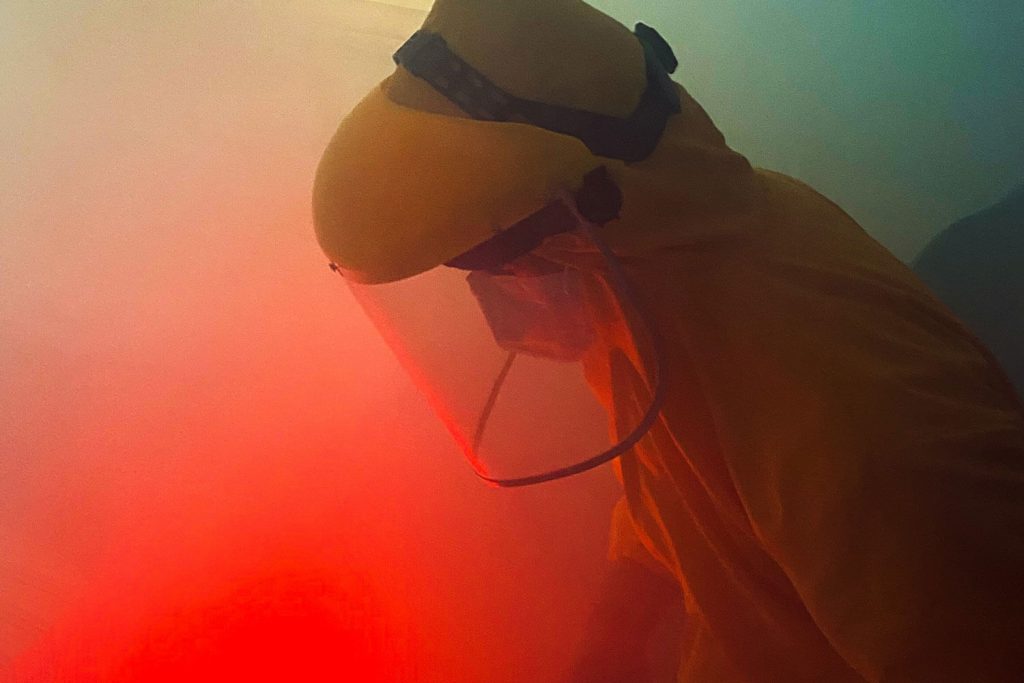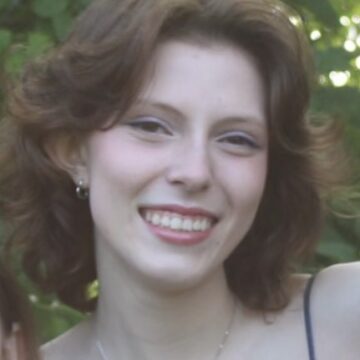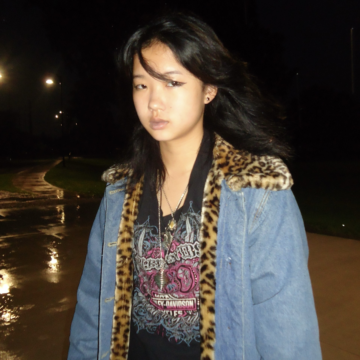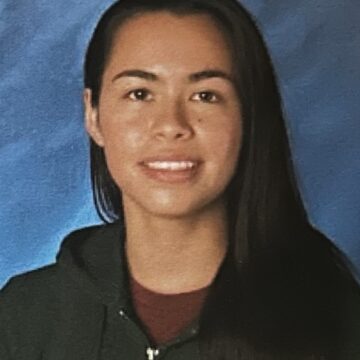
By Ansley
“Do you have body bags? The leak-proof kind…we need as many as you can spare!”
My shoulders slumped as the voice on the phone offered me camera bags instead. I was sixteen and had just returned from an infectious diseases course at Emory University, where my final presentation was on Ebola. Within weeks, the first infected American arrived at Emory for treatment. Our country panicked, while thousands lay dying in Liberia, Guinea, and Sierra Leone, their last visions strangers in spacesuits. I ached for the people, especially the children, who were dying alone, and I needed to help. Drawing on my new knowledge of Ebola’s pathology, I had an idea that I thought might work.
Ebola Kits. Rubber gloves, masks, and bleach, shrink-wrapped together inside a sturdy bucket, instructions in pictures to bridge the languages of Mende, French, Krio, Fula, and Susu. While the kits contained only the bare necessities, they would allow people to care for family and neighbors without inviting the spread of Ebola. Doing nothing was genocide, with generations of families disappearing overnight. The images haunted me, lifeless bodies in dirt, oblivious to the flies swarming around them, as everyone watched from a safe distance. I pitched my idea to The Afya Foundation, a global health NGO I have worked with since the 2010 Haiti earthquake. I was on a mission. Ebola kits in every village. Easy to assemble and ship. Potential to save thousands. While I received an enthusiastic response to my idea, Afya’s team sent me on a different mission: obtaining body bags, the unfortunate reality of people who were invisible in a world that waited far too long to see them.
I spent two weeks calling body bag suppliers after school. Treatment centers were desperate, wrapping bodies in garbage bags with duct tape and tossing them mindlessly into the ground. It was disrespectful, even inhumane, because West African burials include washing, touching, and kissing the bodies. Without these rituals, West Africans believe the spirit of the deceased can never be at peace. Culture and medicine were colliding head-on, and there was no easy solution. While Ebola made these rituals lethal, at least body bags allowed people to be safely buried and not treated like garbage. After many failed attempts, I reached a funeral home director who donated body bags from his own supply.
Public health is one of the most pressing and complex issues we face as a global society, and it is my passion. I am disturbed that not all lives are valued equally. I cannot accept the fact that children die from preventable diseases, simply because they are born in countries with less wealth and stability. In America, we are curing cancer with a mutated poliovirus strain, but we haven’t eradicated polio in Afghanistan and Pakistan. We come together in crises, highly publicized earthquakes and tsunamis, but we haven’t come together to solve the problem of basic human health, a right for every person on earth. Ensuring our health is complicated and daunting and requires the mass coordination of agencies and governments to build sustainable infrastructures with local citizens in charge. I want to be part of the solution and am engaging in public health in every way I can: in the field, in the classroom, and through global health charities.
From Yonkers to Accra, I have met the most amazing people from all walks of life, and I feel a deep and stirring sense of purpose in my global health work. I am empowered and proud of my contributions, but I also experience humility at a level that transforms me. I am blessed that I have found my passion, one that combines my intellectual curiosity, determination, and my moral compass. I am optimistic for the future and the journey that lies ahead, as I do everything in my power to make basic healthcare a reality for the world.
Admissions Committee Comments
Ansley’s interest in global health jumped out at us from the first sentence, and she carried this same theme through the entire essay. What her essay did particularly well, though, was show a clear path from passion to action. Rather than just talk about her interest in the field, we got the sense that she is motivated to take initiative and get engaged. Students at Johns Hopkins routinely display an entrepreneurial spirit in their pursuits, and Ansley demonstrated a similar approach in her fight to prevent additional outbreaks of Ebola in Africa.





